According to UNESID data, Spain's crude steel production reached 3.28 million tons in the first quarter of 2025, an increase of 11.2% compared to the same period last year. Exports increased by 4.1% in the same period. This increase was mainly due to higher demand for flat products, particularly in Northern Europe, and a partial recovery in the Italian market.
In 2024 as a whole, Spanish steel consumption increased by 6.5% to 13.5 million tons. This growth was largely driven by imports from outside Europe, which accounted for a third of the country's consumption, the highest level since 2007. These developments put a strain on the balance of trade and threaten the competitiveness of the steel sector.
Nevertheless, the Spanish steel sector remains a leader in the circular economy. In 2024, 9.4 million tons of scrap steel was recycled, providing an environmentally friendly production structure corresponding to 80% of the country's production.
EUR 600 million in carbon emission support from the state
In his speech at the UNESID General Assembly, Minister of Industry Jordi Hereu announced EUR 600 million worth of support for 2025 to offset the emission costs of the steel sector. This support is earmarked for sectors at risk of “carbon leakage”. Minister Hereu stated that steel production is of strategic importance for the Spanish economy and stated: "We will continue to support the industry for a fair transition. The steel industry is the symbol of quality production, innovation and employment."
Trade war and competitive pressure
Bernardo Velázquez, President of UNESID, recalled that steel plays a fundamental role for Europe's strategic autonomy in sectors such as energy, defense, mobility and infrastructure, and stated: “We cannot achieve these goals without a supportive industrial policy.”
Director General Carola Hermoso stated that it is not sustainable to compete with low-cost steel products from non-European producers that do not comply with environmental standards. She explained that the 50% tariff imposed by the US on European steel directly affects Spanish exports, leading to the cancellation of shipments of over 250,000 tons in 2024.
UNESID called on the European Commission to put in place more permanent and effective trade defense instruments, warning that the lifting of the current safeguard measures, which expire in 2026, could lead to a serious collapse in the sector.
Energy costs threaten competition
One of the biggest structural problems facing the sector is high energy prices. UNESID stated that the removal of the right to an 80% discount on electricity tariffs for industry has brought an additional cost of 40 million euros per year. Carola Hermoso stated: "Energy prices in Spain are two to three times higher than in competitors Germany and France. We cannot protect employment and investment in the sector without making electricity tariffs fair and predictable."
Positive developments in women's employment
There has also been a significant increase in female employment in the Spanish steel industry. The proportion of female employees increased from 7.7% in 2016 to 10% in 2023. While 46% of women have STEM (science, technology, engineering and math) degrees, 37% hold managerial positions. However, the proportion of women working in operational areas remains at only 7%.
UNESID continues to promote young talent through projects such as #MujeresDeAcero and SteelChallenge to increase the presence of women in the sector. “Retaining young female talent is critical to making steel a more modern, inclusive and sustainable industry,” Hermoso noted.
Geopolitical uncertainties grow
In his speech, Jorge Dezcallar, former Spanish Ambassador to the US and former President of the National Intelligence Center (CNI), stated that the multilateral and free market-based global order established after 1945 has come to an end and that the US has started to abandon this order, especially under Donald Trump.
UNESID emphasized that green transformation targets should not threaten the competitiveness and existence of the industry, and argued that low-carbon products should be prioritized in public tenders and the “Buy European” approach should be adopted.


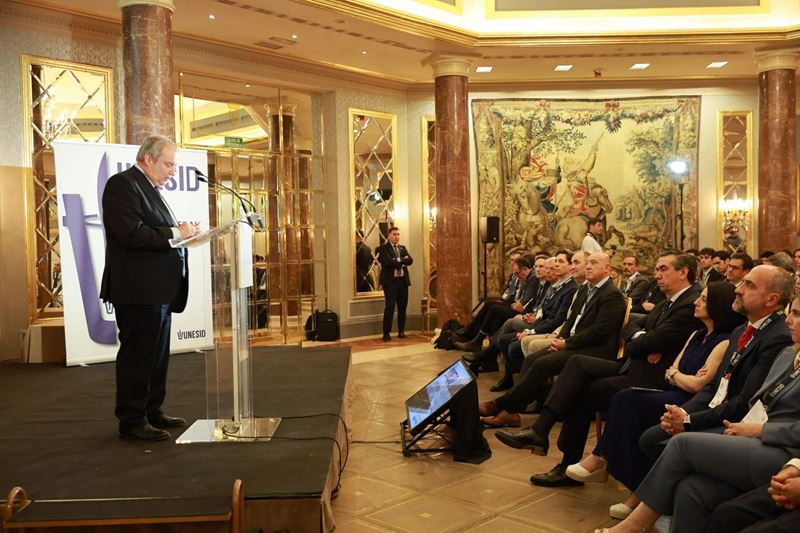
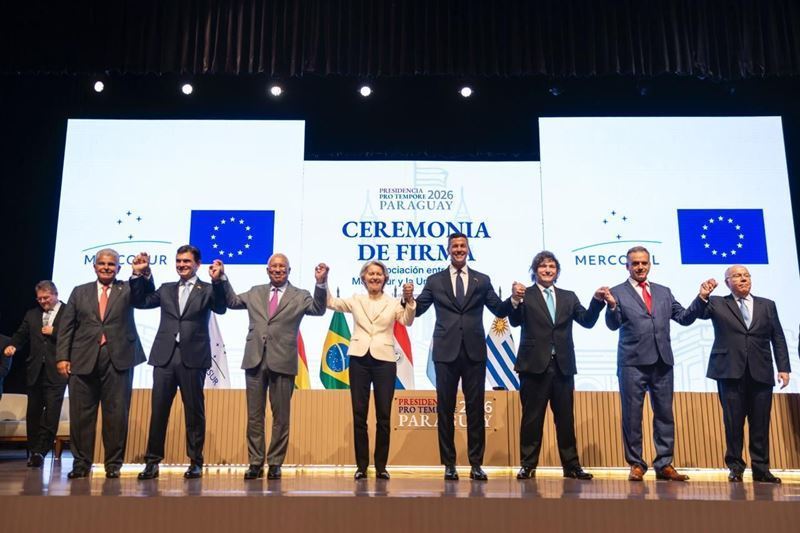
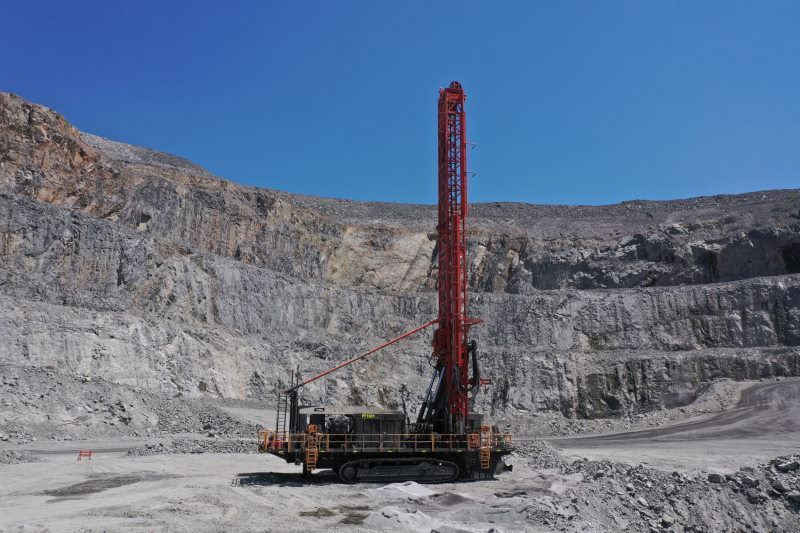
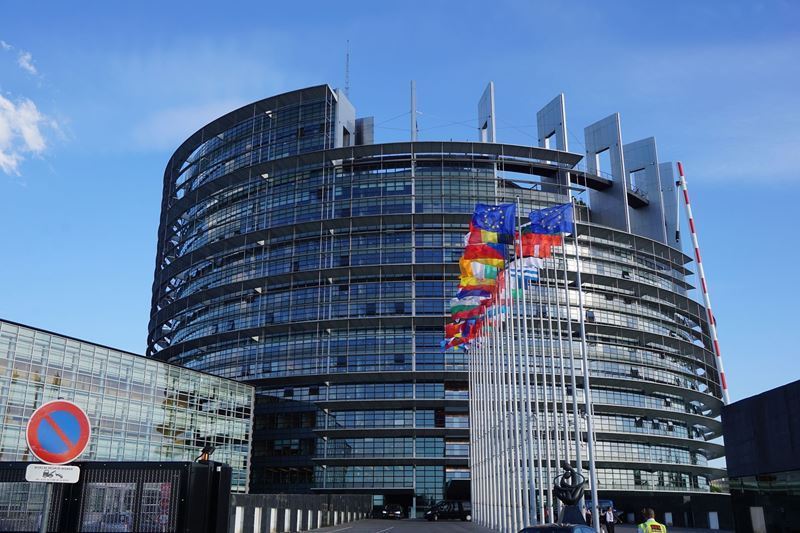
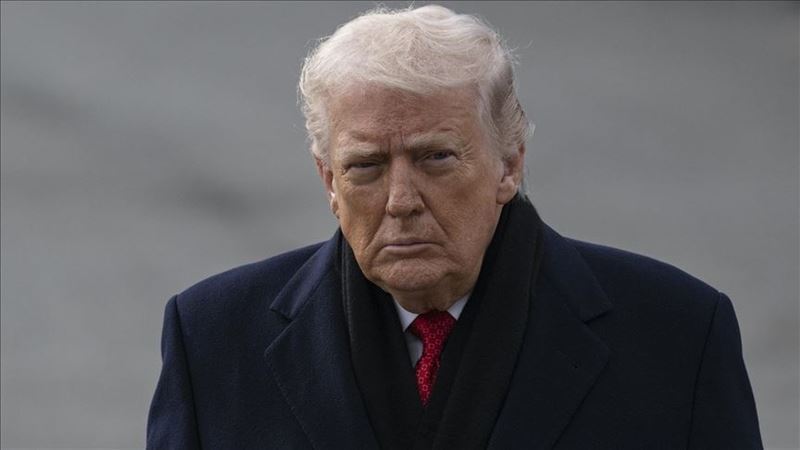
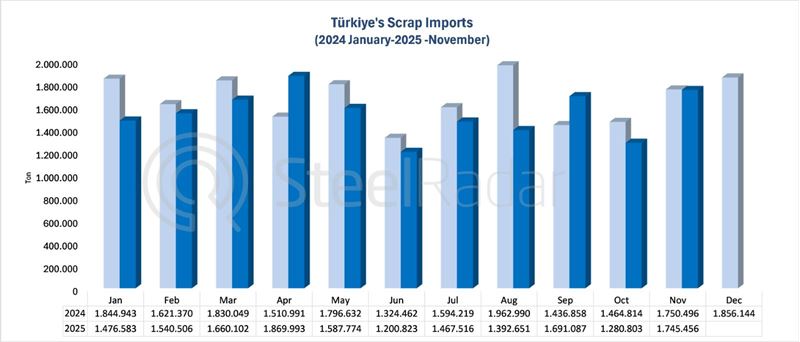


Comments
No comment yet.